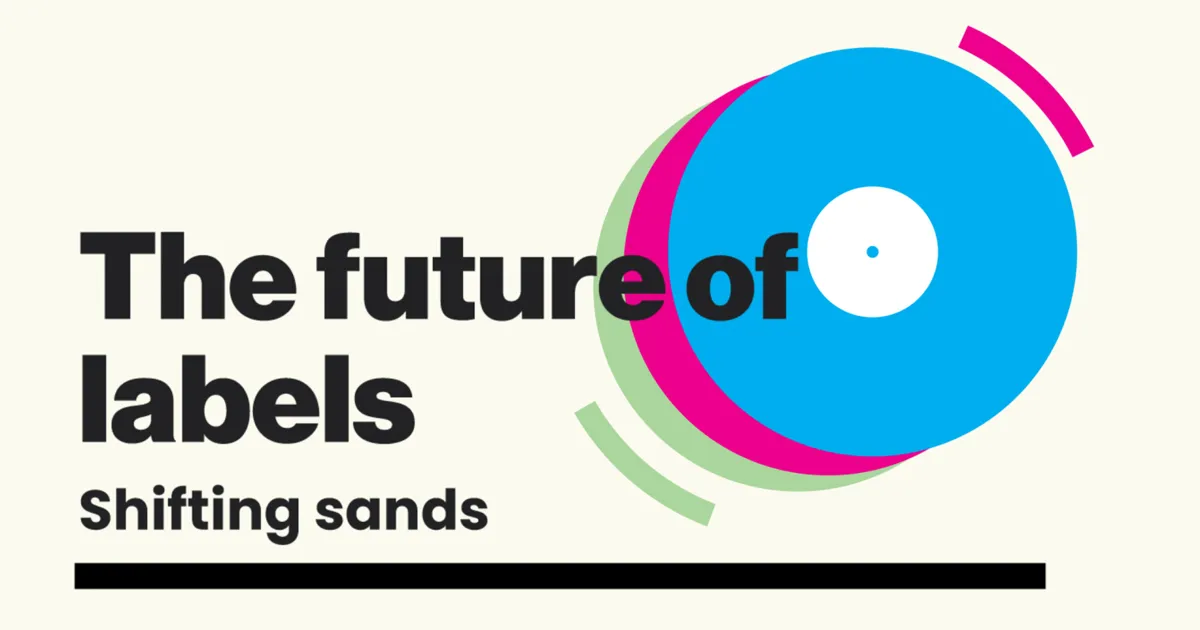Creative Leadership Absent In Major Labels – Or Why the Record Industry Is Fucked Nowadays
A new study suggests that people who express creative ideas are less likely to be identified as having leadership potential. In other words, when staff members in major label boardroom. Continue reading [https://www.hypebot.com/hypebot/2011/02/creative-leadership-absent-in-major-labels-or-why-the-re




